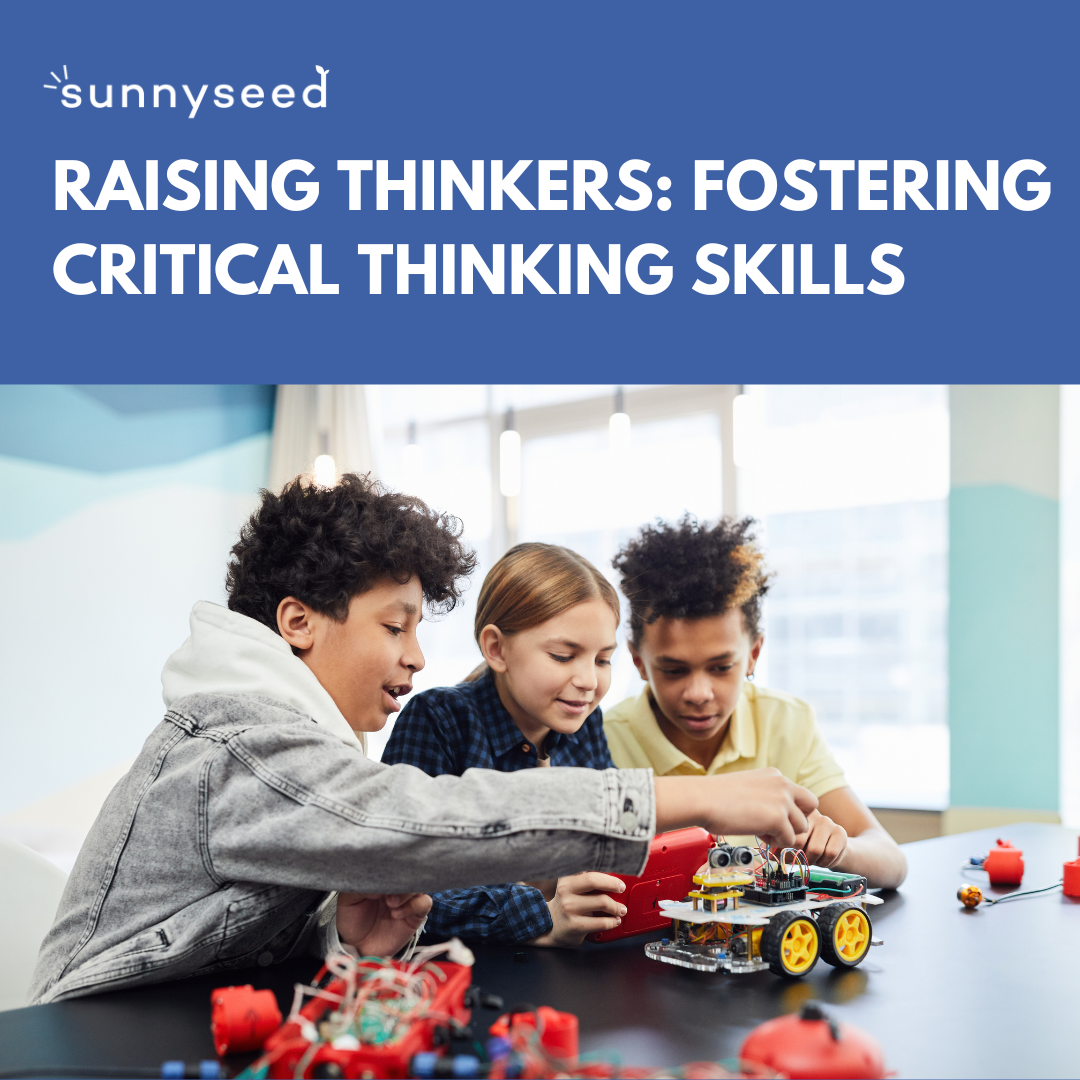Benefits of Music in Early Childhood Development
Music Matters! Studies show that playing music stimulates 54 areas of the brain in newborn babies. Not only does exposure to music affect newborns, it also affects the way they learn and develop later in life!
Neuroscientists, psychologists, and child development experts agree: When children are consistently engaged in age-appropriate music, their brain cells make connections required for learning.
Benefits of Music in Early Childhood Development
Music has been shown to support developmental milestones including:
Literacy – phonological processing, spoken language skills, comprehension
Quantitative – spatial-temporal and reasoning skills required for math, science, and engineering
Social-Emotional – help regulate their responses and relate to others
Physical – movement and dancing improve both fine and gross motor skills
Creative – activities that encourage freedom within a safe, fun, friendly structure spark children’s creativity
Let’s take a look at 3 benefits of exposing your child to music that create a lasting impact on their growth and development.
Helps with Communication Skills
Kids can easily and quickly mimic music and sounds they hear as a way to understand and make sense of the world around them. So sing your heart out! Music provides an opportunity for developing language skills such as phonological awareness, models of speech, vocabulary, syllables, and pitch differences.
The slower pace of song and repetition of phrases make the sounds of language available longer, possibly allowing more phonological decoding. In a study of phonological awareness, music perception, and early reading skills in four and five year olds, music skills were found to correlate significantly with both phonological awareness and reading development.
Improves Child’s Focus and Memory
Learning a new instrument requires practice and patience. Allowing a child to experience this early on will help improve their focus, hand/eye coordination, and physical and mental recall. It also teaches them the benefits of consistent practice, discipline, and sticking with something in order to get better at it. Yay, growth mindset!
Develops and Improves Fine Motor Skills And Coordination
Teaching your child to play an instrument or make their own music (through tapping, clapping, etc.), helps them improve hand-to-eye coordination, ear-to-hand coordination, and fine motor skills. Combine music-making with playtime to encourage the development of important neural connections!
HOW TO SUPPORT MUSIC DEVELOPMENT AT HOME
The benefits of early exposure to music in childhood development are clear - but how do you put it into action in your home? Here are a few tips for incorporating music into your child’s routine:
Move to your favorite songs with your child. Dance parties lift everyone’s mood!
Use rhymes and songs to communicate with your child. You can even make up your own songs to go along with your daily activities, like this hand washing song.
Make simple instruments at home with household items or craft supplies. A quick Pinterest search will give you tons of ideas.
Beginning around six months, babies are most attuned to intonation and acoustic cues. They enjoy listening to nursery rhymes, sounds of instruments, and music while dancing with you. Keep a musical instrument on the toy shelf for banging, shaking, and exploring different sounds.





